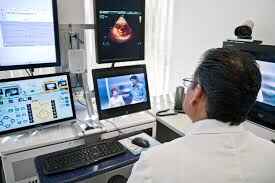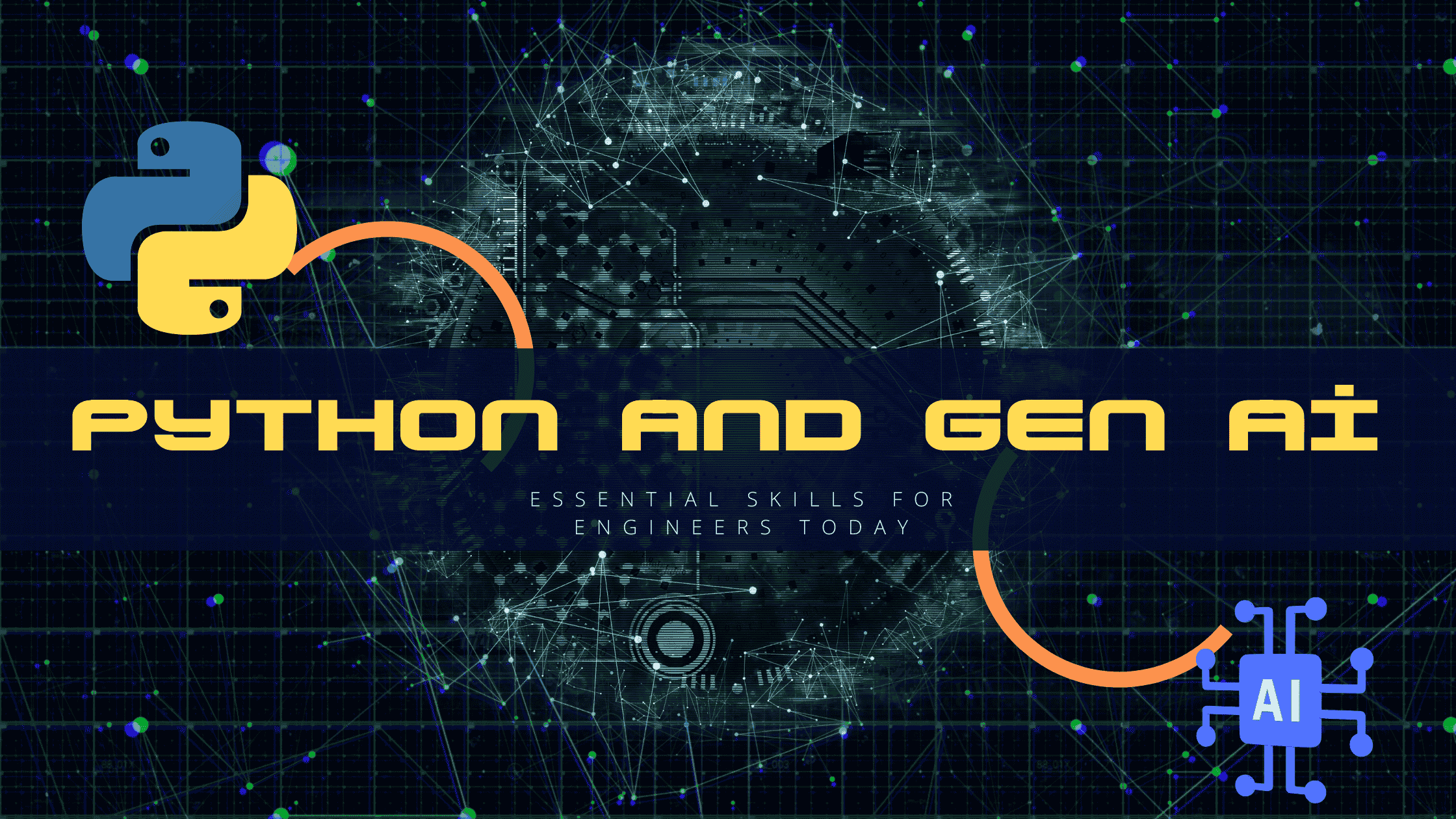Today, use of technology is not a question but necessity in most of the developments in the advanced healthcare systems. This paper looks at technology in a world of emerging diseases where, not only, is technology is an instrument but where technology is in the process of revolutionizing modern healthcare. From AI to telemedicine or telehealth, these technologies are making a new epoch in the medical spectrum. The solutions are improved patient care for which the service is more personalized, efficient, and accessible. As you may know, technology plays a pivotal role in developing today’s healthcare solutions – let’s explore it here.
The Impact of Artificial Intelligence on Diagnostics
Probably one of the most prominent areas where technology has impacted the latest development in healthcare is artificial intelligence (AI). Technology can now diagnose diseases through the use of artificial intelligence which means that the manner in which diseases are diagnosed and treated has drastically changed. Many diagnostic techniques can take a lot of time, energy and may even vie necessity of complex testing, but with the adoption of AI, the diagnostic procedures are now faster and accurate.
AI-Powered Diagnostic Tools
Diagnostic tools developed through the use of Artificial intelligence can scan data and come up with pattern in a matter of seconds that can easily go unnoticed by human beings. For instance, with the help of artificial intelligence patterns, it becomes possible to diagnose such diseases as cancer, Alzheimer’s, or cardiovascular diseases based on the images of an X-ray or a person’s genetic code. This paper established how technology has been adopted in most of the current developments in the healthcare sector. AI enables doctors to make correct decisions about the health of their patients hence improving the life of the patients.
Learn more about Top 10 Emerging Technologies Shaping Future in 2024.
Telemedicine: Closing the Gap in The Contemporary Health Care Provision
Telemedicine is another success story where the role of technology in augmenting the health care innovations in modern world cannot be underestimated. The current Covid 19 pandemic has clearly demonstrated the value of remote healthcare services, and telemedicine has been widely used in most healthcare systems across the world. Generally, through the use of telemedicine, patients are provided with an easy time accessing healthcare providers, in particular, in areas that are hard to reach.
Expanding Access to Care through Telemedicine
Telemedicine is a system which enables patients to seek advice, as well as be diagnosed and even treated through the assistance of a doctor without having to go to the clinic or hospital. This technology driven innovation is quite helpful especially for patients who have terminal illnesses and need constant check ups. Moreover, telemedicine as a model of practical implementation of advanced ICTs decreases the load on medical facilities and helps them to organize work more effectively. The position of applying the principles of modern technology in the healthcare system is evident at this place as it makes healthcare reachable to any person at any place.
Wearable Technology: Monitoring Modern Healthcare in Real-Time
Another modern healthcare innovation that presents great innovation is wearable technology. Smart watches, activity trackers, and wearable ECG devices are previously a rare notion in the society. It enables one to keep a list of his or her health status in a real-time basis. Such devices can monitor blood pressure, physical activity, amounts of sleep, and much more, offering important information to the users and doctors.
The Rise of Wearable Health Tech
Technology has also played a part in the innovations of healthcare ranging to the preventive care through wearables. These gadgets can in fact provide information to the user about some conditions that may worsen and therefore, they promote preventative care of one’s body. For instance, a wristband that is able to identify an abnormal rhythm is capable providing guidance to the user to visit a doctor, thereby reducing the number of heart attacks or strokes in the community. Deep learning on the micro level Thus, wearable technology is not only enabling a population to be empowered to take charge of health but also offering constant data to the healthcare industry.
Robotics in Surgery: Precision and Efficiency
The use of advanced technology in handling innovations in the current healthcare sector cannot be overemphasized, especially in area of surgery where robotics play a significant role. Others say that robotic surgery systems including the da Vinci Surgical System enables the surgeon to maneuver and operate with enhanced precision as well as dexterity. These systems employ a modern form of robotics whereby movement of the surgeon’s hand leads to a corresponding smaller movement of instruments within the patient’s body.
Advancing Surgical Techniques with Robotics
We have seen that robotic surgery has several advantages such as less time is taken for healing, minimized tissue damage, and few dangers of developing complications. Technological importance in current advancements in healthcare can also be understood through understanding that robotics assists in conducting least invasive surgeries that are beneficial to the patient experiencing them and results in speedy recovery. Also, the application of robotic systems is widespread in a vast number of specialties; including Urology, Gynecology, and Cardiology, proving their versatility in modern medicine.
Big Data and Healthcare: Improving Decision making
In the world that is increasingly being digitized, big data has been a key driver in most of the contemporary healthcare advancements. The large volumes of information generated by electronic health records, wearables and other technologies is being used to complement the decision-making processes in the industry. In doing so, healthcare providers could gain insights on patient populations, disease incidence and prevalence and treatment efficacy.
Utilizing Big Data for Better Modern Healthcare Outcomes
Technology is seen in the concept of advancing healthcare since big data in health care makes treatment individualized and gives prognosis on patients. For instance, it can be used to learn which patient is likely to contract some diseases, and this will help prevent it. Furthermore, big data can help in research hence can lead to development of new treatment and therapy. What makes healthcare one of the promising fields is the fact that big data will be crucial to addressing the development of the industry in the future.
3D Printing: Revolutionizing Modern Healthcare Solutions
One of the additional works that introduced the use of technology in new and advanced healthcare services is 3D printing. This technology revolutionises manufacturing of medical devices, prosthetics, and even organs. Advanced benefits of 3D printing includes; it brings out personalized medicine where implant and prosthetics are designed and tailored to fit the individual patient hence more effective.
The Future of Personalized Medicine with 3D Printing
It is in the area of personalized or precision medicine that the part played by technology in current healthcare advancements is well captured. Here, one is able to create a model of a patient in a given field before operating on him or her; thus maximizing a surgeon’s precision especially where one is engaged in orthopedic or cranial surgery. Also for further advancements, there are various ongoing studies such as using 3D printing to create organs that will erase the problem of donor organs and help save many lives. They are truly countless, and therefore 3D printing will have a highly important role in the future of such a critical industry as healthcare.
Blockchain in Modern Healthcare: Securing Patient Data
The input of technology in the current day healthcare advancements also applies to the security of the data where we find blockchain. In particular, blockchain helps in keeping patient records in safe and secure manner using a technology that protects data from cyber hackers. As data breaches have continued to rise in the health sector, blockchain emerges as a strong value proposition for storing people’s data securely.
Blockchain for Improving the Data Security
Applying the principles of block chain technology results to an almost impenetrable untampered record of all transactions conducted without having the possibility of altering or hacking the data. Health care innovations in today’s society cannot be complete without the use of technology as to the privacy of patients is crucial. In turn, the utilisation of blockchain technology enables healthcare providers to provide secure and efficient electronic health record system, make sharing of records more efficient across facilities, and decrease cases of fraud conductivity. It will become evident that blockchain will be a crucial element in the healthcare industry as it shifts to the digital platform, to guard patient’s data.
Conclusion
It can therefore be concluded that the position of technology in today’s healthcare developments cannot be overlooked. These are diagnostics and telemedicine, wearable devices, robotics, big data, 3D printing and blockchain that are revolutionizing the face of healthcare. With that manner, it only implies that as time progresses more apparent innovation in the field of technology can be observed. This will further improve patient’s care, healthcare delivery and in general will save lives. It can be also safely stated that the health care of the future is linked with technology. Adopting these innovations shall be of great essence in order to address the challenges emerging in the future.
Subscribe us on YouTube to learn more about tech-related insights.




2 thoughts on “The Role of Technology in Modern Healthcare Innovations”